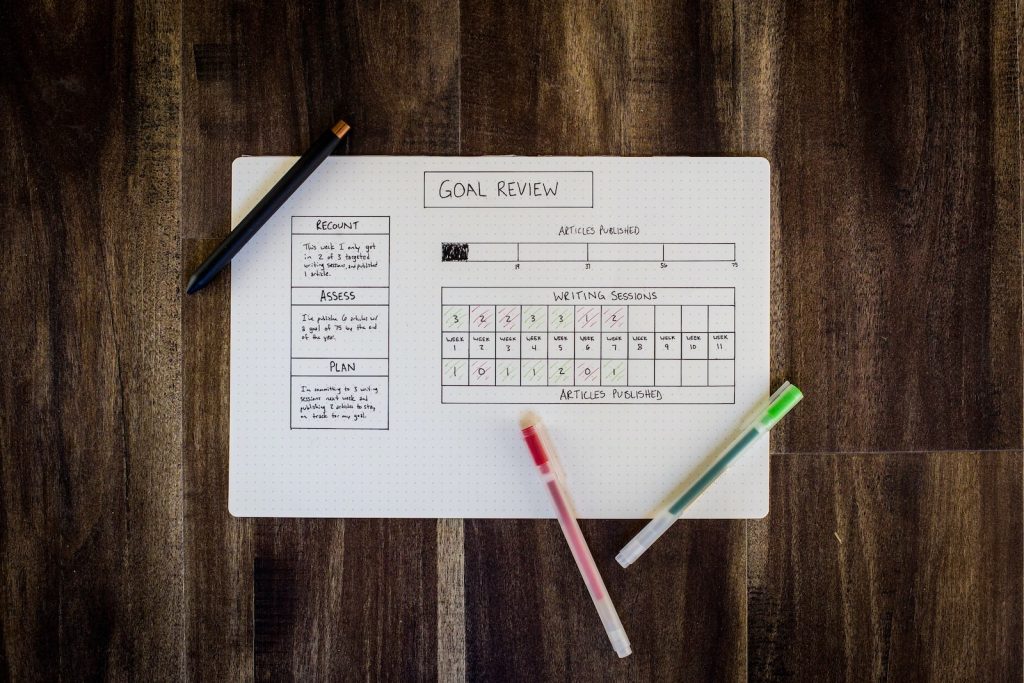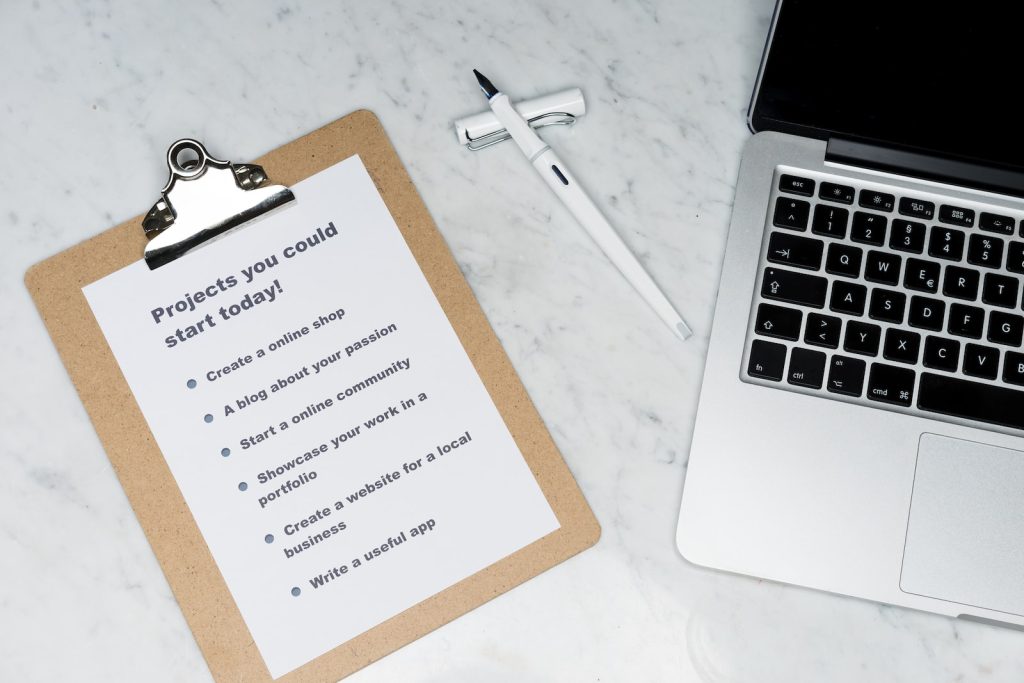Overcoming Procrastination: Tips for Overcoming Procrastination and Boosting Productivity
Procrastination is a common problem that affects everyone, regardless of their age or profession. It can prevent you from reaching your goals and hinder your productivity. However, there are several ways to overcome procrastination and boost your productivity. In this blog post, we will discuss some effective tips to help you overcome procrastination and achieve your goals.
Understanding Procrastination:
Procrastination is the act of delaying or postponing a task, often until the last minute. It can be caused by several factors, such as fear of failure, lack of motivation, or feeling overwhelmed. Procrastination can have negative consequences on your mental health, work performance, and personal life.
Tips for Overcoming Procrastination:
1.Break down tasks into smaller steps:

Breaking down tasks into smaller, more manageable steps can help you feel less overwhelmed and more motivated to get started. It can also help you better visualize your progress and see the end goal as achievable. To break down a task, start by identifying the key components or actions required to complete it. Then, create a step-by-step plan that outlines the specific actions needed to complete each component. You can use a to-do list or project management software to help you stay organized and track your progress.
2.Create a schedule:

Creating a schedule is an effective way to help you stay focused and avoid procrastination. Set specific times for tasks and try to stick to them as much as possible. To create a schedule, start by identifying the tasks that need to be completed and prioritizing them based on importance and urgency. Then, allocate specific time slots for each task based on its priority and estimated completion time. Be sure to include breaks and time for self-care in your schedule as well.
3.Use the Pomodoro Technique:

The Pomodoro Technique is a time management method that involves breaking work into intervals, usually 25 minutes in length, separated by short breaks. This technique can help you stay focused and increase productivity by providing structure and a sense of urgency. To use the Pomodoro Technique, set a timer for 25 minutes and work on a task until the timer goes off. Then, take a short break, such as 5 minutes, before starting the next 25-minute work interval. After completing four 25-minute work intervals, take a longer break, such as 15-20 minutes.
4.Minimize distractions:

Distractions, such as social media, email notifications, or noise, can disrupt your focus and lead to procrastination. To minimize distractions, identify the sources of distraction and take steps to eliminate or reduce them. For example, you can use apps or tools to block distracting websites or turn off notifications on your phone or computer. You can also create a dedicated workspace that is free from distractions or use noise-cancelling headphones to block out background noise.
5.Practice self-care:

Taking care of yourself, both physically and mentally, can help reduce stress and increase productivity. Make sure to get enough sleep, exercise regularly, and eat a healthy diet. Taking breaks throughout the day to relax or engage in a hobby can also help reduce stress and increase focus. Additionally, make sure to set aside time for activities that bring you joy and help you recharge, such as spending time with loved ones, reading a book, or going for a walk.
6.Set realistic goals:

Setting realistic goals can help you avoid feeling overwhelmed and reduce the likelihood of procrastination. When setting goals, make sure they are specific, measurable, achievable, relevant, and time-bound (SMART). Break larger goals into smaller, more manageable steps and set achievable deadlines for each step. Celebrate your progress and accomplishments along the way to help maintain motivation and momentum.
7.Use positive self-talk:

Negative self-talk can contribute to procrastination and decrease motivation. Using positive self-talk can help increase self-confidence and motivation. Practice using positive affirmations and visualizations to help you stay focused and motivated. For example, you can repeat affirmations such as “I am capable of completing this task” or visualize yourself successfully completing a task.
8. Prioritize tasks based on energy levels:

It’s important to recognize that our energy levels can fluctuate throughout the day, and certain tasks may require more energy and focus than others. Prioritizing tasks based on your energy levels can help you maximize your productivity and avoid procrastination. For example, if you tend to have more energy and focus in the morning, prioritize your most challenging or important tasks during this time.
9.Hold yourself accountable:

Accountability can be a powerful motivator when it comes to overcoming procrastination. One way to hold yourself accountable is to share your goals and progress with others, whether it’s a friend, family member, or colleague. You can also use a productivity app or tool that tracks your progress and sends reminders to help you stay on track.
10.Learn to embrace discomfort:

Procrastination often stems from our desire to avoid discomfort or difficult emotions. Learning to embrace discomfort and push through challenging tasks can help you overcome procrastination and build resilience. Instead of avoiding uncomfortable tasks, try to reframe them as opportunities for growth and learning. Practice mindfulness techniques, such as deep breathing or meditation, to help you manage uncomfortable emotions and stay focused on the task at hand.
Procrastination can be a challenging problem, but there are several effective ways to overcome it. Breaking tasks into smaller steps, creating a schedule, using time management techniques, minimizing distractions, practicing self-care, setting realistic goals, and using positive self-talk can all help reduce procrastination and increase productivity. By implementing these tips, you can overcome procrastination and achieve your goals.





Useful tips, thanks